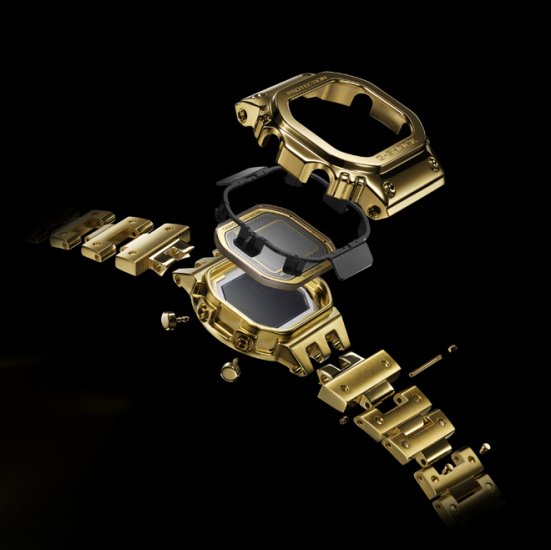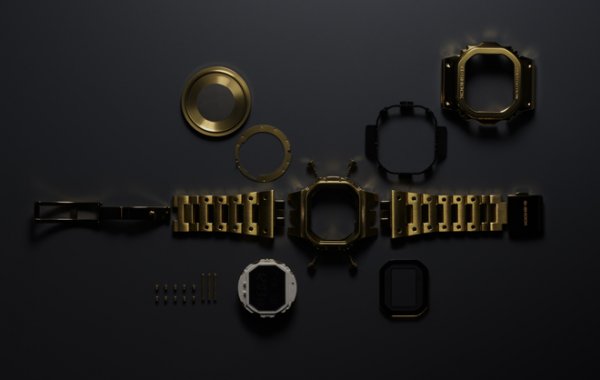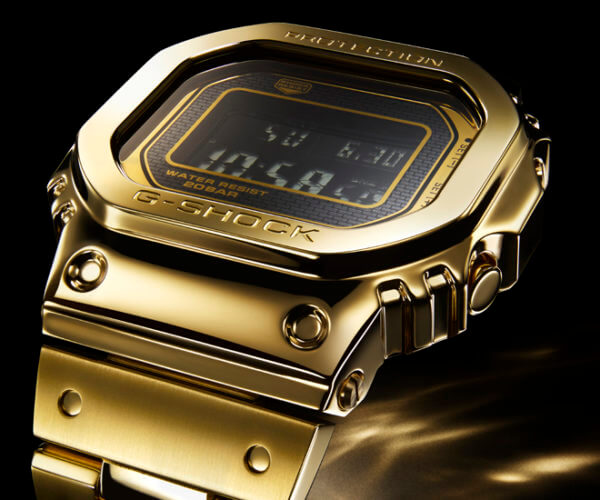
I don’t know why these Nike Yeezys cost $15,000 but they do. They are emblematic of the hypebeast genre
In 1981, after breaking the mechanical watch his father had given him, Kikuo Ibe, then a young engineer at Casio, was resolute at creating an “indestructible” timepiece. Developed in secret because his ideas ran counter to the slim watches of the era, Ibe laboured in secret to birth the G-Shock, tossing at least 200 prototypes out a bathroom window to test shock resistance. Two years later, the indestructible G-Shock watch was born, shocking the world with its absolute toughness. That said, despite its near legendary qualities, it did not enjoy widespread consumer appeal, mostly adopted by military forces, police officers and construction workers – that is to say, jobs with harsh professional requirements. Then, the “hype” or skateboarding craze hit Japan, instantly turning the original G-Shock model, the DW-5000C, into a cult hit which matched the nascent streetwear craze.
In August 2017, Casio shipped their 100-Millionth G-Shock Watch worldwide, a testament to not only its now broad but enduring appeal 35 years on. Today, they make a new milestone – what was once the IT watch for boarders, has now become an IT watch for ballers. Ladies and gents, a S$100,000 18k solid gold G-shock watch.

Point of reference – there are many high end watches you can buy with $100,000. A Patek Philippe Nautilus Ref. 5712 with an original list price of S$52,500 but high demand low supply would command resale of that model in the 2nd hand market of S$ 95,611. You could buy five, top of the line, brand new, 2019 two-tone Rolex “Rootbeer” GMT Master-IIs, each retailing for S$18,920. BUT, spending all that money on a single 18-karat gold G-D5000-9, has to be the single, most conspicuous way to show off disposable income. Or is it?

Combining the absolute toughness of a G-Shock with the enduring qualities of gold seems to be an apt way to celebrate 36 years of heritage. Multi-Millionaires like Coldplay frontman Chris Martin and professional fighter Manny Pacquiao even count G-Shocks amidst their own collection of six figure watches. Would it be so odd to put S$100,000 down on a solid gold G-Shock?
One could argue, the G-Shock is a digital timepiece, prone to be outdated by the next thing in digital technology. That’s true, but one surmises that Casio incorporated the gallium arsenide solar power system with efficient satellite solar cell technology with an eye to long term longevity – after all, these high-efficiency solar cells are used in things like the Mars Rovers, objects meant to function as long as they can independently. Furthermore, the solid gold G-shock inherits the case from of the original DW-5000C model. This means that conceivably, the G-D5000-9 could simply be upgrade with future quartz movements designed for that iconic case.





